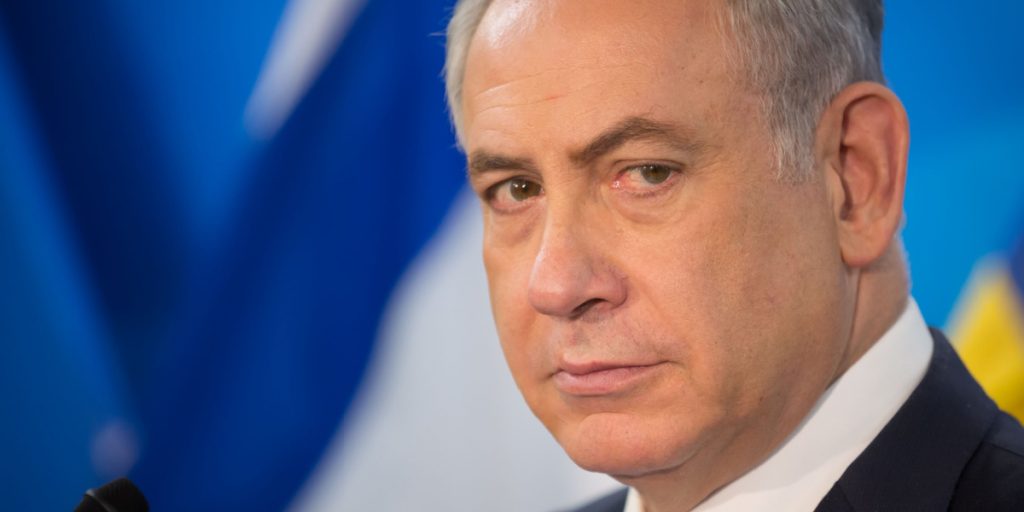Israel is planning a ‘painful’ strike on Iran despite Western pleas for restraint.
Others are reading now
In response to an unprecedented missile and drone attack by Iran, Israeli Prime Minister Benjamin Netanyahu is reportedly directing the Israeli Defense Forces (IDF) to prepare for a decisive retaliatory strike.
Leaders across the Western world, including those in the US and UK, have urged Israel to “take the win” after an “almost total failure” by Iran in its missile attack.
Escalation of Tensions
Over the weekend, Israel became the target of a significant attack from Iran, involving 170 drones, over 30 cruise missiles, and at least 120 ballistic missiles, triggering air raid sirens across Israel.
By Sunday morning, the IDF announced that the attack had concluded. Israel then reopened its airspace after claiming that it, along with its allies, intercepted 99% of the projectiles launched, preventing a potentially catastrophic outcome for Israeli citizens.
Also read
In response to these developments, Netanyahu has asked the IDF to compile a list of potential targets in Iran that would likely not face objections from the United States.
International Responses
Global leaders have called for moderation, fearing that an aggressive response could spark a wider conflict in the region.
According to LBC, the UK’s former Defense Secretary Ben Wallace characterized Iran as a “bully” that should be “hit back twice as hard.”
“I have learned, working against Britain’s adversaries, that the only way to deal with a bully is to retaliate,” Wallace wrote in the Telegraph. “The only option when Iran and Russia hit is to hit back twice as hard and not stop until they get the message.”
However, UK Prime Minister Rishi Sunak, along with the White House, urged “all sides to show restraint.”
Sunak emphasized in the Commons the need for “calmer heads” to prevail, highlighting the importance of security in the region and the risks posed by Iran’s increasingly advanced nuclear program.
Iran’s Intent and Global Concerns
Iran asserted that its extensive assault was in response to a strike widely blamed on Israel on an Iranian consular building in Syria earlier this month, which killed two Iranian generals.
The ongoing conflict in Gaza was also cited as a provocation for Iran’s actions.
The IDF stated that it would respond to the attack.
Chief of Staff Lieutenant General Herzi Halevi said, “Iran wanted to harm the strategic capabilities of the State of Israel—that is something that had not happened before… Last Monday, we saw what was being organized, and we think that the State of Israel is very strong and knows how to deal with it alone, but with a threat so numerous and so far away, we are always happy to have [the United States] with us.”
The Path Forward
In his discussions with Parliament, PM Sunak outlined a three-pronged approach to restoring peace in the Middle East, which includes upholding regional security, investing in a two-state solution, and addressing the ongoing conflict in Gaza.
The approach seeks a balanced resolution that supports Israel’s security needs while fostering broader regional stability.


